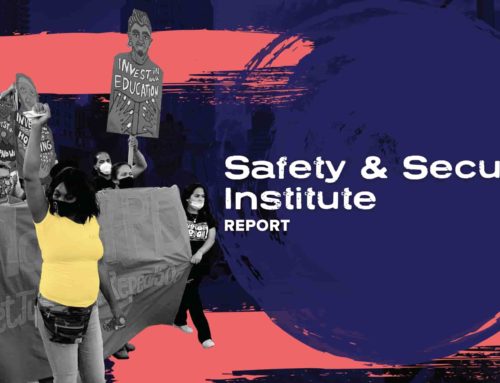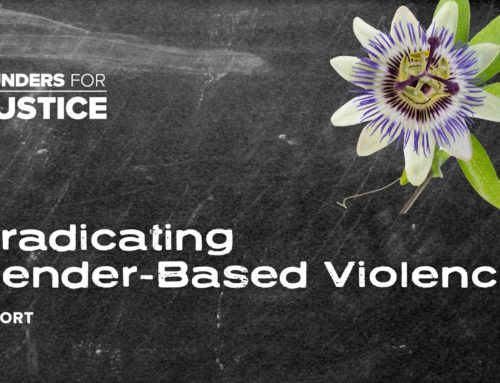Sandra Bland, the 28-year old Black woman from Naperville, Illinois who was arrested for allegedly assaulting a police officer during a traffic stop in Waller County, Texas on July 10 and was found dead in a jail cell three days later, is the latest victim of police brutality against African American women, says Columbia Law School Professor Kimberlé Crenshaw, a leading authority on how law and society are shaped by race and gender.
In honor of Bland, and to continue to call attention to violence against Black women in the U.S., the African American Policy Forum, the Center for Intersectionality and Social Policy Studies at Columbia Law School, and Andrea Ritchie, Soros Justice Fellow and expert on policing of women and LGBT people of color, have updated a report first issued in May, 2015, “Say Her Name: Resisting Police Brutality Against Black Women.” The new version includes the circumstances around Bland’s suspicious death—which is being investigated by the Texas Rangers in coordination with the FBI—and documents stories of Black women who have been killed by police, shining a spotlight on forms of police brutality often experienced disproportionately by women of color.
Say Her Name is intended to serve as a resource for the media, organizers, researchers, policy makers, and other stakeholders to better understand and address Black women’s experiences of profiling and policing.
“Although Black women are routinely killed, raped, and beaten by the police, their experiences are rarely foregrounded in popular understandings of police brutality,” said Crenshaw, director of Columbia Law School’s Center for Intersectionality and Social Policy Studies and co-author of the report. “Yet, inclusion of Black women’s experiences in social movements, media narratives, and policy demands around policing and police brutality is critical to effectively combatting racialized state violence for Black communities and other communities of color.”
In addition to stories of Black women who have been killed by police and who have experienced gender-specific forms of police violence, Say Her Name provides some analytical frames for understanding their experiences and broadens dominant conceptions of who experiences state violence and what it looks like.
Read more about the #SayHerName report and access it here.


